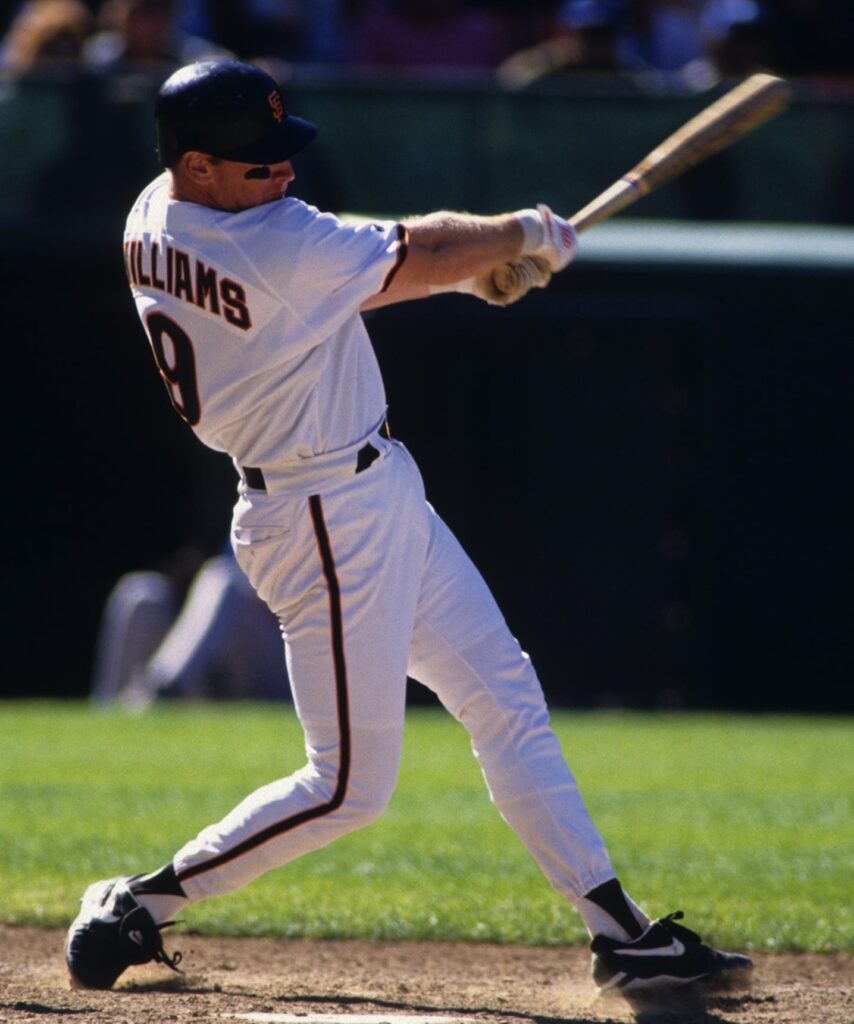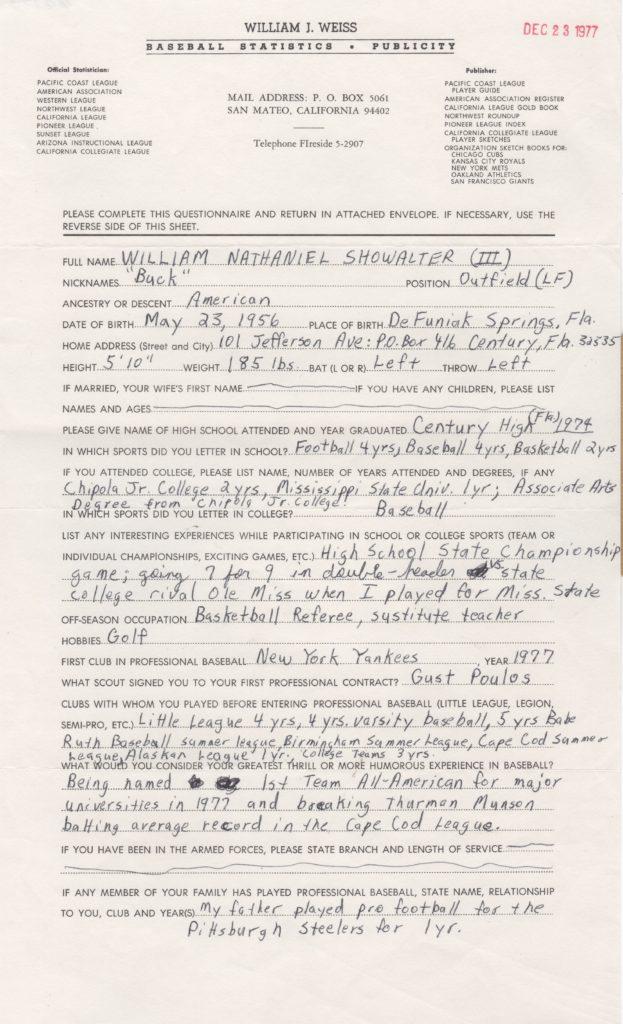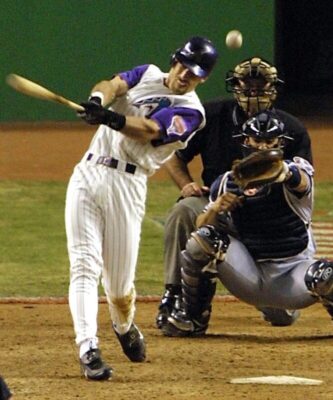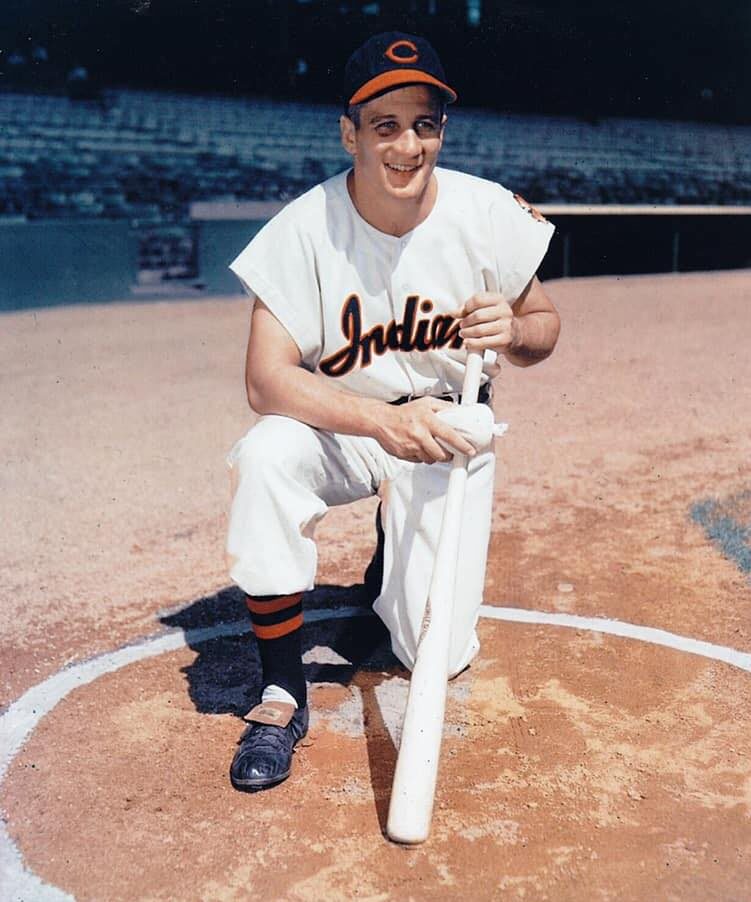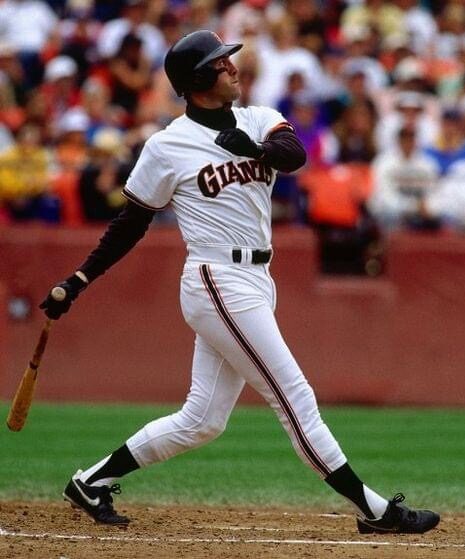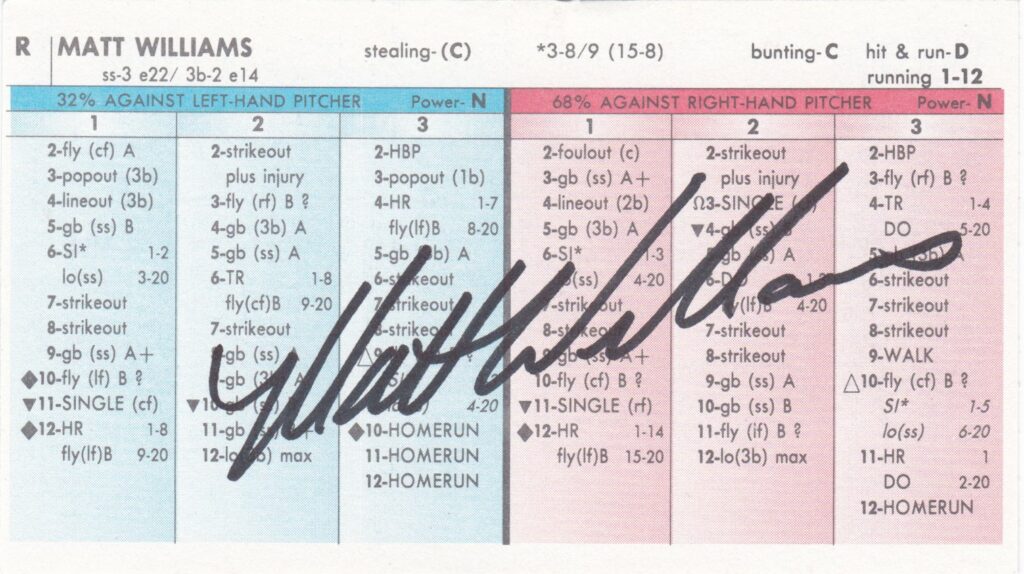
One of the most accomplished third basemen of his era, Matt Williams was a hard-nosed performer. Drafted third overall in the 1986 June MLB Draft, Williams broke into the bigs with the Giants the following April at age 21.
By 1990 he was an All Star for the first time. That season he slugged 33 home runs with a league-leading 122 RBI. The performance earned him a Silver Slugger Award and the first of four top-6 MVP finishes.
Williams was one of the National League’s most feared sluggers during the 1990s. Over the decade Williams slashed 241 doubles, drove in 962 runs and had a .508 slugging percentage. Among Senior Circuit sluggers, only Barry Bonds and Sammy Sosa hit more home runs than Williams.
After ten years in San Francisco, Williams played one season in Cleveland where he tallied 32 homers, 105 RBI. He returned the the NL in 1998 with the expansion Arizona Diamondbacks. In 1999 he drove in a team record 142 runs, a mark he still shares today with Luis Gonzalez. Williams retired after the 1993 season.
The third baseman’s postseason exploits are many. In 1989 with the Giants he slammed a home run off of eventual World Series Most Valuable Player Dave Stewart in Game 2. He returned to the Fall Classic with the ’97 Indians. Williams went 10-for-26 with a double, a homer, and a .515 on-base percentage. His final World Series performance came in a winning cause for the 2001 Arizona Diamondbacks. Williams’ Game 4 home run made him the first man to hit a World Series homer for three different teams.
By the time he retired in 2003, Williams had 1,878 hits, 338 doubles, 378 homers, 1,218 RBI. His 46.6 career WAR puts him ahead of Cooperstown men Pie Traynor and George Kell.
Williams’ trophy case overflows. In addition to his five rings – four from the All Star Game and one as World Series champ – Williams earned four Silver Slugger and four Gold Glove Awards.
In the collection is this Matt Williams autographed Strat-O-Matic card from 1987. Bucknell University math major Hal Richman originated the Strat-O-Matic game in 1961. Advertised in Sports Illustrated and sold out of Richman’s basement, Strat-O-Matic gave its players the ability to make managerial decisions based on MLB statistics.
